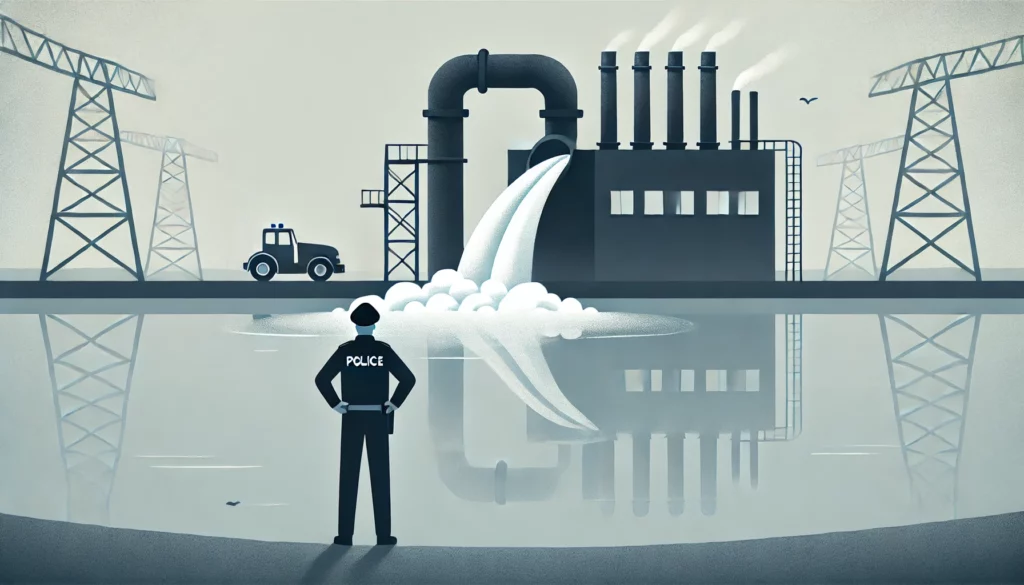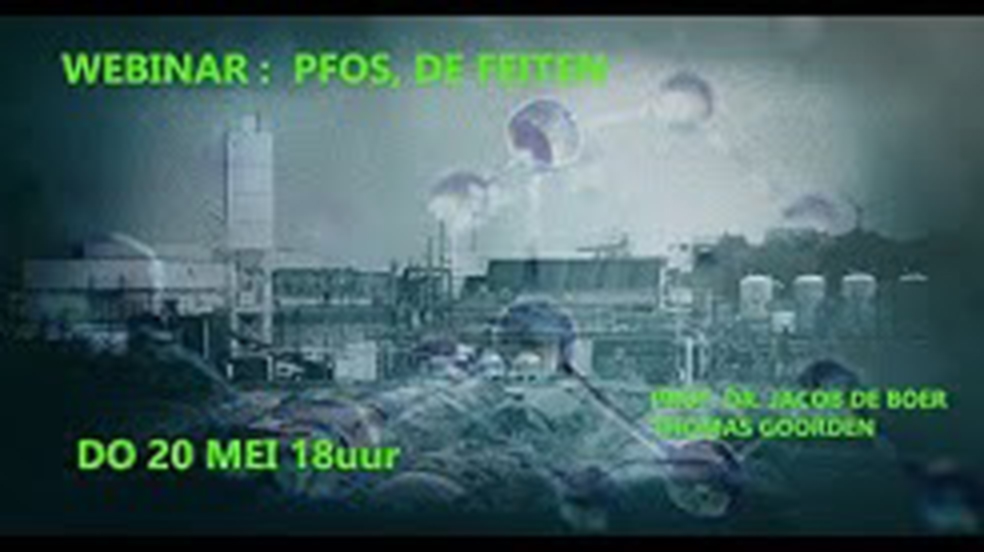25.10.2024 | Fundamental right
The Enforcement Department is still unable to check 3M's permit with TFA.
Flanders issues a permit for the discharge of forever chemicals but the Enforcement Service is still unable to check the permit. Meanwhile, in Wallonia, it appears that almost all of Walloon drinking water contains TFA.
While Wallonia implements a comprehensive action plan to address sources of PFAS contamination, Flanders continues to struggle with detection and remediation methods for these “forever chemicals.” The recent Walloon study found that nearly all drinking water in Wallonia is contaminated with trifluoroacetic acid (TFA), an ultra-short-chain PFAS that can cause serious health effects even at low doses. Meanwhile, Flanders is sticking to an outdated approach, with 3M recently granted permission to discharge the chemicals into the Scheldt, despite calls to prioritize public health.
3M recently obtained a permit to discharge high concentrations of ultra-short-chain PFAS, including TFA, into the Scheldt. With these discharges of wastewater, Flanders is in direct conflict with the European Water Framework Directive. Civil society organisations Climaxi and Grondrecht vzw have filed a suspensive appeal against this with the Flemish government.
“Allowing discharges by 3M and Indaver in the port of Antwerp proves that Flanders puts economic interests before public health. It is absurd that Flanders exposes its citizens to ultra-short-chain PFAS in this way, without even a clear detection or remediation policy,” says Katrin Van den Troost of Climaxi.
In the meantime, Enforcement is doing its job and checking the wastewater of the company. Only, they still do not measure ultra-short chain PFAS.
“We do not yet have analysis results for ultra-short PFAS for our own samples. After all, there has only recently been a recognized analysis method for these parameters and there are no laboratories that have this recognition yet,” says the Enforcement Service. The new WAC measurement method came into effect on January 1, 2024, laboratories in Flanders had until October 1, 2024 to implement this technique. It is very striking that no lab in Flanders can now perform the measurements.
This is the world upside down. Flanders issues a permit for the discharge of forever chemicals but the Enforcement Department is still unable to check the permit. In the meantime, it appears that almost all of Wallonia's drinking water contains TFA. The maximum guideline value in Wallonia is 2200 ng/l for TFA, in Flanders it is 4400 ng/l. Wallonia adopts the guideline value of the Netherlands.
Grondrecht and Climaxi call on the Flemish government to draw up a robust action plan to tackle PFAS pollution thoroughly and definitively. “It is time for Flanders to apply the same precautionary principles as Wallonia and other neighbouring countries and put an end to discharges and pollution by industrial players,” says Toon Penen of Grondrecht. Given that even the reporting methods of Flemish laboratories lag behind European standards, the organisation believes it is high time for policy measures that prioritise the health of citizens.



